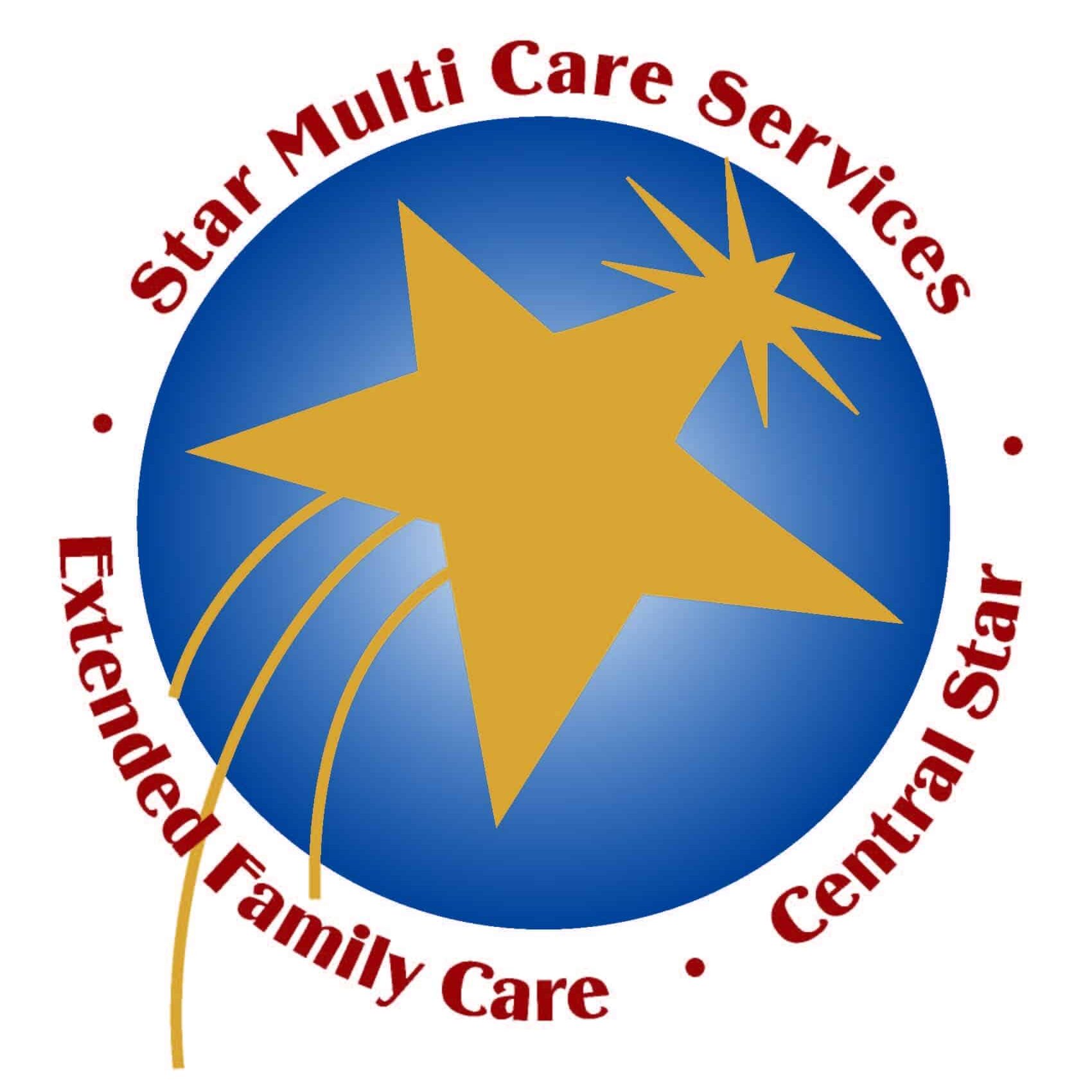
If your parent has been diagnosed with heart arrhythmia, you are probably feeling worried. After all, having a loved one diagnosed with a heart condition is scary stuff. And, “arrhythmia” sounds like a complicated and confusing term. Understanding what heart arrhythmia is, what symptoms to look for, and how the condition can be managed might help you to feel more confident in your role as a family caregiver to a senior parent.
What is it?
Simply put, heart arrhythmia is an irregular heartbeat. Heart arrhythmias happen when something goes awry in the part of the body’s electrical system that coordinates the way the heart beats. When this happens, the heart may beat too quickly, too slowly, or in an irregularly.
It’s not unusual for people to experience an irregular heartbeat now and then. In most cases, heart arrhythmias are harmless and do not require treatment. However, sometimes heart arrhythmias are serious and need to be treated by a doctor.
There are many factors that can cause heart arrhythmia. Some of those factors are:
- Heart disease.
- Stress.
- Diabetes.
- High blood pressure.
- Smoking.
- Diabetes.
- Too much caffeine.
- Certain medications.
What are the symptoms?
Sometimes a person with heart arrhythmia will have no symptoms at all. In those cases, a doctor may discover the arrhythmia during a regular check-up. In other cases, there are noticeable symptoms, which may include:
- Chest pain
- A fluttering feeling in the chest
- A racing heart
- Fainting
- Dizziness
- Feeling short of breath
- Sweating
- A slow heartbeat
How can caregivers help manage the condition?
Caregivers can help seniors to manage heart arrhythmia by ensuring they follow the advice of their doctors and reminding them to take any prescribed medications. In addition, certain lifestyle changes can help. Lifestyle changes that may help manage heart arrhythmia are:
- Healthy Diet: People with heart arrhythmia should eat a balanced diet that follows heart-healthy guidelines. Heart healthy diets contain lots of fruits, vegetables, and whole grains. They avoid solid fats and are low in salt.
- Moderate Alcohol Intake: If your parent enjoys a glass of wine or a beer now and then, that’s okay. However, they should not have more than one drink per day.
- Exercise: Encourage your parent to exercise regularly and to remain physically active.
- Healthy Weight: Help your parent to lose weight if they are obese, or to stay at a healthy weight.
- No Smoking: If your parent smokes, caregivers should help them to quit. A doctor can assist with medications and techniques to break the habit. Caregivers can provide encouragement and distraction when your parent is tempted to smoke.
If you or an aging loved one are in need of caregiver services in Manhasset, NY or the surrounding areas, contact the caring professionals at Star Multi Care Services today at (631)956-8835. We are the Right Choice for Home Health Care Services!
Sources:
http://www.mayoclinic.org/diseases-conditions/heart-arrhythmia/home/ovc-20188123
http://www.heart.org/HEARTORG/Conditions/Arrhythmia/SymptomsDiagnosisMonitoringofArrhythmia/Symptoms-Diagnosis-Monitoring-of-Arrhythmia_UCM_002025_Article.jsp#.WQs43dLyvIU
http://www.medicalnewstoday.com/articles/8887.php
http://www.mayoclinic.org/diseases-conditions/heart-arrhythmia/symptoms-causes/dxc-20188128
http://www.mayoclinic.org/diseases-conditions/heart-arrhythmia/manage/ptc-20188569
- Honoring Our Team: Birthdays, Anniversaries, and New Additions! - April 28, 2025
- Health Benefits of Yoga for Seniors - April 24, 2025
- How Does Hospice Care Help Aging Adults Plan for the End of Life? - April 16, 2025

